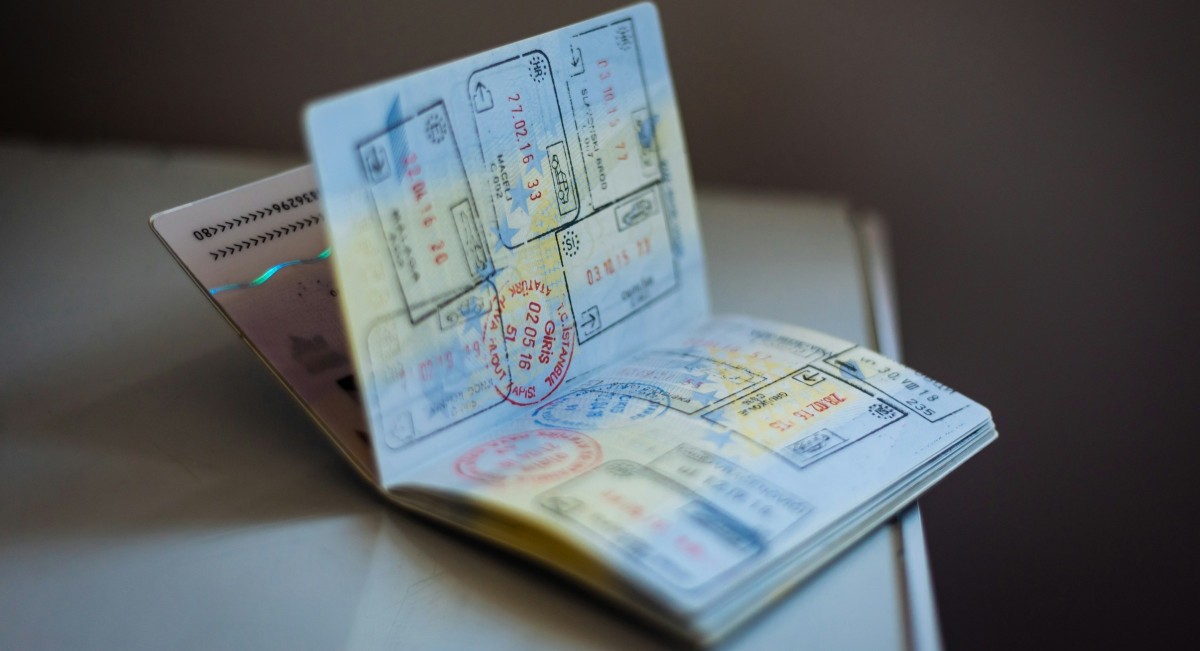
Planning to study in Spain? You’ll need a Spanish student visa. Whether you’re heading to a coastal town, major city, or university campus, international students (non-EU/EEA) need a long-term Student Visa (visado de estudios) for stays over 90 days.
It’s important for anyone wanting to study in Spain to understand who’s eligible for a visa, how they can apply for one, and any terms for their stay in Spain.
Do you need a student visa?
If you intend to study in Spain for more than 90 days, you must apply for a Type D Student Visa (visado nacional de estudios) before travel.
This type of visa is applicable for full-time university courses, language programmes, exchange placements, unpaid internships, au‑pair arrangements, and more.
EU/EEA/Swiss citizens don’t need a visa, but must register for a NIE. The NIE is necessary for various financial, professional, legal, and social activities in Spain, even for non-residents.
Non-EU, US, and other visa-exempt nationals need the Type D Student Visa for long-term study in Spain.

New 2025 application rules
As of May 2025, all student visa applications must be submitted at the home country’s Spanish consulate, not from within Spain.
This rule applies even if you're already in Spain on a tourist or short-term visa and means that more preparation is required for those who wish to remain in Spain.
When to apply
This new rule means forward planning is essential, particularly with existing delays for visas. Apply 2–3 months before your course starts, but no earlier than six months ahead. Late applications may be rejected, and consular procedures can take up to 4 weeks, so it's best not to leave it too late to apply.
Who can apply
Non-EU/EEA students seeking full-time study (20+ hours/week), including degree programmes, language courses, internships, and volunteer work, are eligible. Type D visas last from 6 to 24 months and can be renewed from within Spain.
Required documents
What exactly is required during the application process for a student visa? It can vary by country and course but generally the requirements are similar.
Required documents for a Spain student visa application:
- Visa application form (EX‑00) + 2 passport-style photos
- Valid passport (expiry at least 3 months after visa end)
- Letter of acceptance from a recognised Spanish institution
- Proof of accommodation in Spain
- Proof of financial means (~€600/month x length of stay – student loans and scholarships can be used)
- Health insurance
- Medical certificate confirming fitness to travel and reside in Spain
- Clean criminal record (past 5 years) for adults staying over 180 days
For students considered minors it’s also required to have authorisations from guardians, guardian ID, and checks for Spanish carers.
Application fee & process

When applying for a Spain student visa, you’ll need to pay a non-refundable visa fee, which typically ranges from €60 to €135, depending on your nationality. This fee must be paid at the time of your appointment, either at the Spanish consulate or an authorised BLS International visa centre.
Once submitted, your application will be reviewed and processed by the consulate. Processing times generally range from two to four weeks, although it’s advisable to apply early in case of delays.
After approval, you’ll be notified to collect your passport, which will have the student visa stamped inside. Some consulates may allow postal returns, but many require you to collect it in person, so be sure to check the specific procedure at your local Spanish consulate.
Arriving in Spain & obtaining your TIE
After arrival, especially if your visa exceeds 6 months, you must apply for a TIE (Tarjeta de Identidad de Extranjero) within 30 days at the local Foreigner Office or police station. The TIE grants legal residency and allows travel in and out of Spain for those from the UK or other non-EU country.
If your course lasts under 6 months, there’s no need for a TIE, unless you extend your stay.
Working while studying
With a long-term student visa, you can work up to 20 hours per week, provided the part-time job doesn’t interfere with your studies. Internships integrated into your course are allowed full-time, without additional permits .
After graduation, you can apply for a job-search visa, highly-qualified professional visa, or entrepreneur visa to continue living and working in Spain.
Renewals & extensions
You can renew your student visa annually as long as you're enrolled in a recognised course.
It’s advised to start renewal 60 days before expiration and up to 90 days afterward, to maintain legal status. Renewal can be done both at the consulate (if abroad) or via the immigration office (if in Spain).

Tips for a smooth application
Applying for a student visa for Spain can be straightforward if you’re well-prepared. Here are some essential tips to help ensure your application is processed smoothly and without delays:
Carefully check your local embassy or consulate's requirements
While the general student visa requirements are consistent across Spain, individual Spanish embassies and consulates may have slight variations in how they expect documentation to be submitted. Always consult the official website or contact your local consulate to get an up-to-date checklist.
Complete the EX-00 application form thoroughly
The EX-00 form is central to your visa application. Take your time to fill it out accurately, leaving no sections blank. Incomplete or incorrect forms are one of the most common reasons for student visa delays or rejections.
Provide clear and sufficient proof of financial means
You must show that you have enough funds to support yourself throughout your studies in Spain. It's advisable to demonstrate more than the minimum income requirement to strengthen your application. Include bank statements, scholarship confirmation, or proof of parental financial support as applicable.
Translate and legalise all foreign documents
All official documents issued outside of Spain must be translated into Spanish by a certified translator and legalised or apostilled, depending on the country of issue. This includes things like your academic records, criminal background check, and medical certificate. Missing or improperly processed documents can delay your application.
Apply well in advance of your programme start date
Spanish student visas can take up to four weeks or longer to be processed, especially during peak application periods. To avoid stress or delays, begin gathering documents and submitting your application at least 8–12 weeks before your intended move.
Use tracking tools to stay updated
Most Spanish consulates and BLS International centres offer online application tracking tools, allowing you to monitor the status of your visa. Keep your receipt and reference number safe so you can follow your application progress and prepare for collection once approved.
A Spanish student visa opens doors to education, culture, work, and long-term opportunities in Spain. By following the latest rules, gathering relevant documentation, and staying on top of deadlines, you can enjoy your Spanish studies with minimal hassle.
